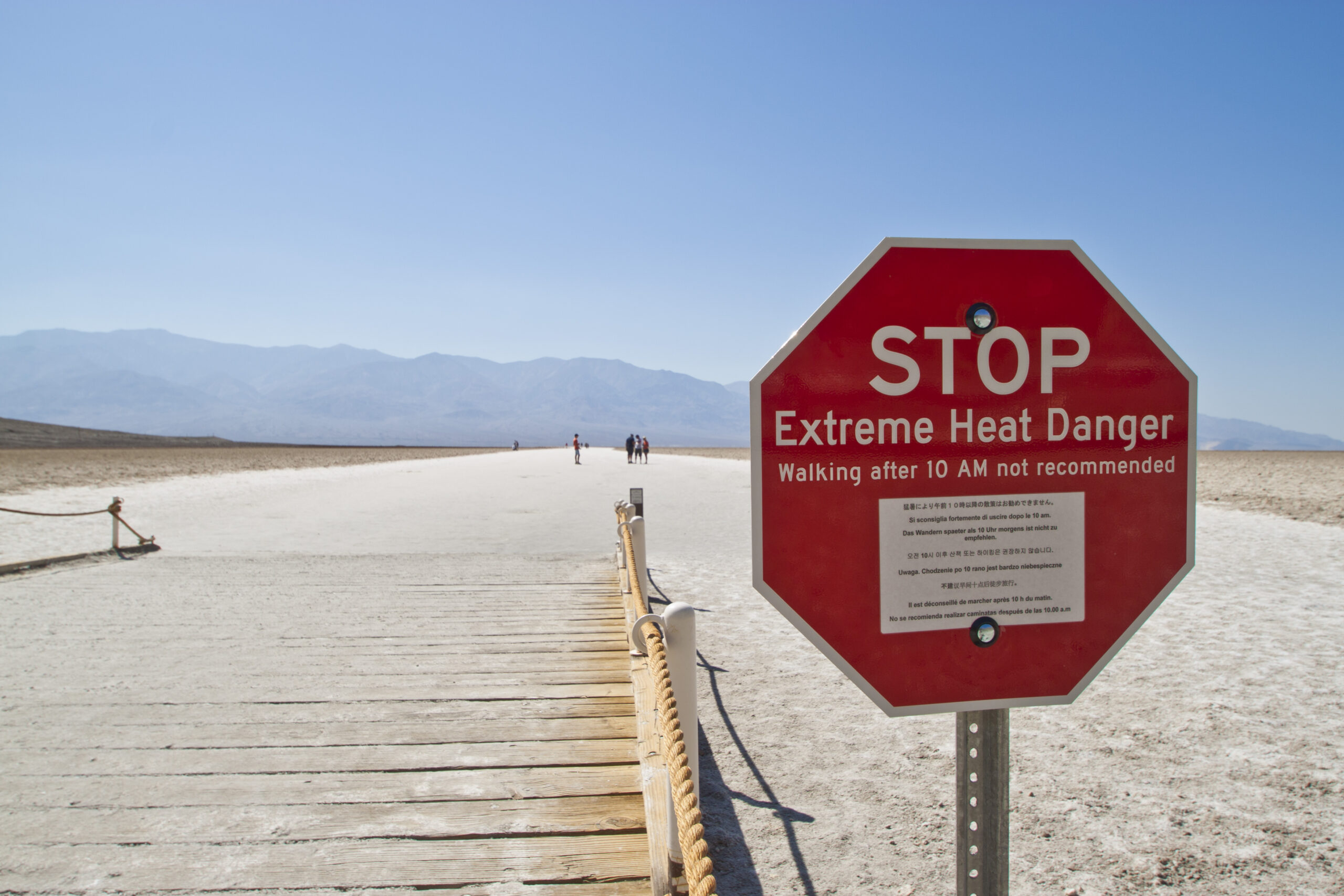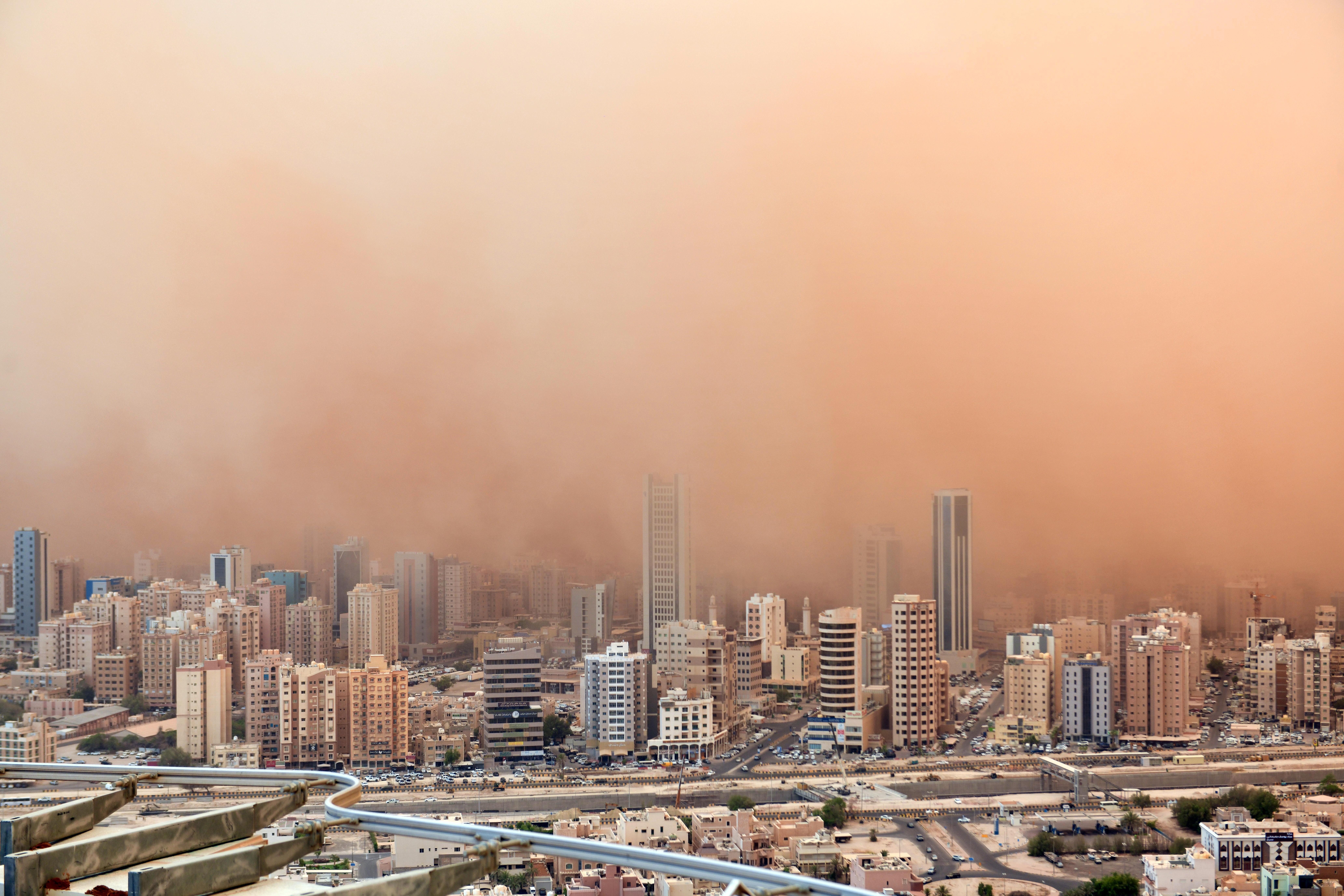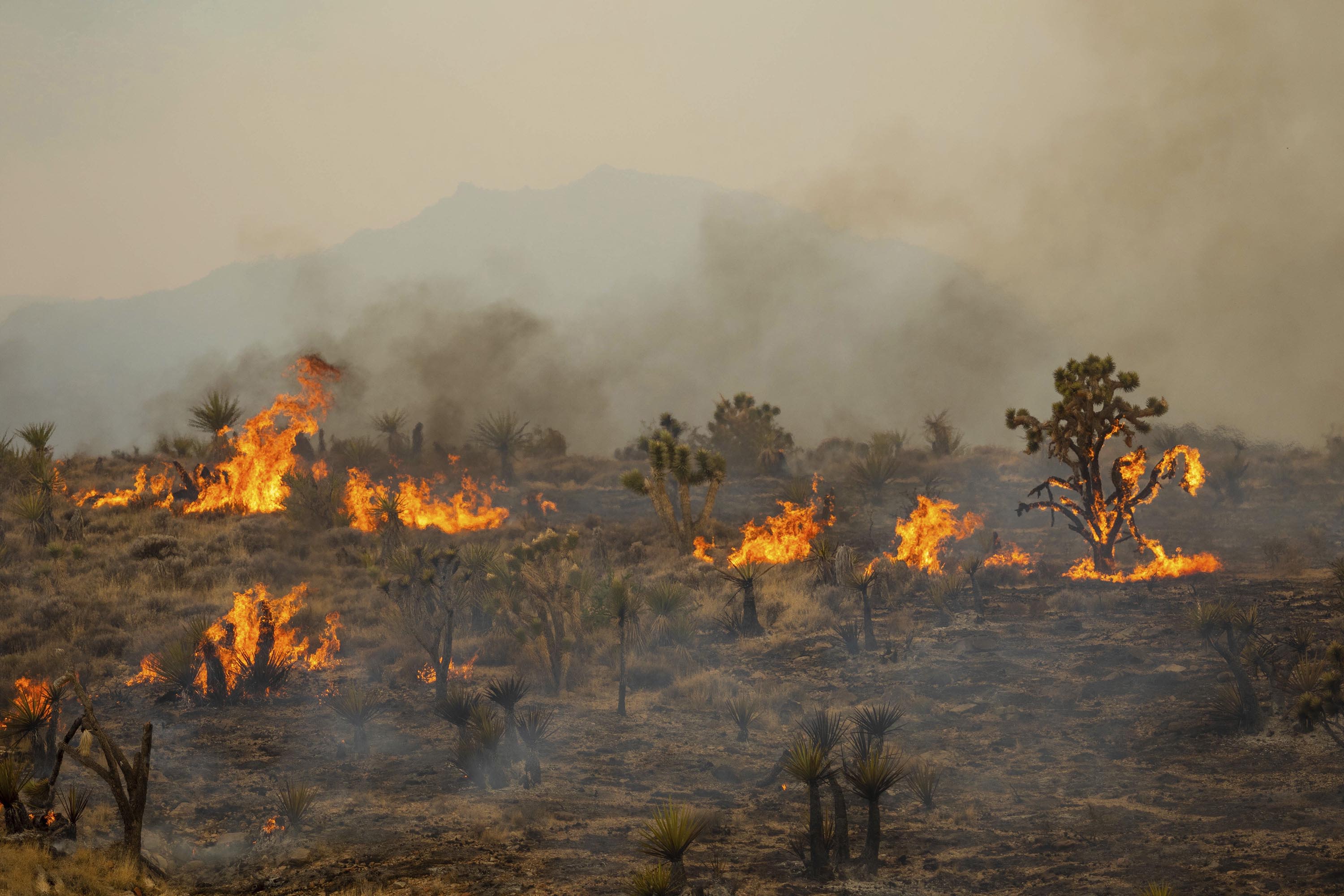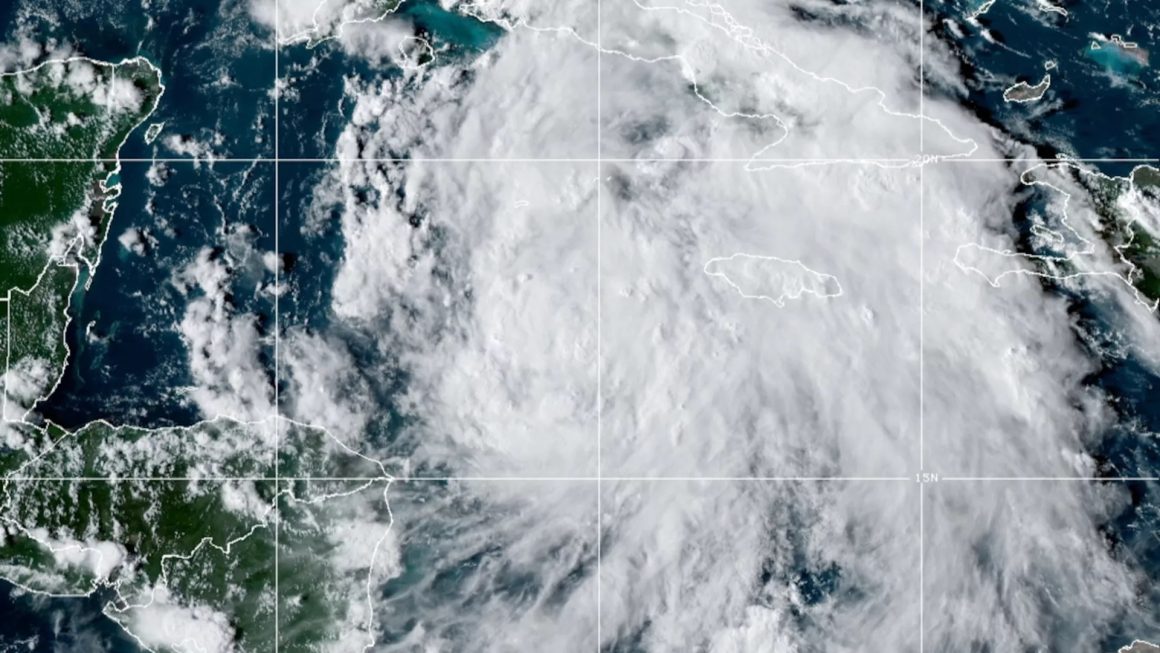How to Prepare for Different Natural Disasters in Qatar

By
Abinaya Rajagopal - October 13, 2024
.jpg)
Although Qatar is not prone to many of the severe natural disasters that affect other parts of the world, it is still important for residents to be prepared for potential risks, such as extreme heat, sandstorms, flash floods, and other emergencies.
With climate change and rapid urbanization, the country has taken proactive steps to enhance its disaster preparedness. Here’s a guide to help you prepare for the natural disasters that may occur in Qatar.
1. Extreme Heat

Due to its desert climate, Qatar experiences extremely high temperatures, especially during the summer months, when temperatures can exceed 45°C (113°F). Prolonged exposure to such heat can cause dehydration, heatstroke, and other health risks.
- Stay hydrated: Drink plenty of water throughout the day, even if you do not feel thirsty. Avoid sugary or caffeinated drinks, as they can contribute to dehydration.
- Limit outdoor activities: Minimize outdoor activities during peak heat hours (between 10 a.m. and 4 p.m.). If you must go outside, wear light, loose-fitting clothing and a wide-brimmed hat for protection.
- Cooling shelters: In case of extreme heat warnings, identify cooling shelters or public places like malls where you can stay cool.
- Home cooling: Ensure that air conditioning units are maintained regularly. During power outages, use fans and seek shaded areas to avoid overheating.
2. Sandstorms

Sandstorms, or dust storms, are common in Qatar, particularly during the summer. These storms can reduce visibility, affect air quality, and pose health risks to those with respiratory conditions.
- Monitor weather forecasts: Stay informed about upcoming sandstorms through local news, weather apps, or alerts from the Qatar Meteorology Department.
- Seal your home: Keep windows and doors closed tightly to prevent dust from entering your home. Consider using weather stripping or tape to seal any gaps.
- Wear protective gear: If you need to go outside during a sandstorm, wear protective eyewear and a mask, preferably an N95 mask, to filter out dust particles.
- Limit outdoor exposure: Try to avoid going outdoors during sandstorms, especially for prolonged periods. Stay indoors as much as possible, particularly if you have asthma or other respiratory conditions.
3. Fires

While Qatar is not prone to wildfires, building fires are a risk, particularly in high-rise structures. Fire safety is crucial in both homes and workplaces.
- Install smoke detectors: Ensure that smoke detectors are installed in every room of your home and regularly test them to ensure they are functioning.
- Fire extinguishers: Keep a fire extinguisher in accessible locations in your home, such as the kitchen, and ensure all family members know how to use it.
- Know evacuation routes: Identify the safest and quickest evacuation routes from your home or building in case of fire. Regularly practice fire drills with your family or colleagues.
- Electrical safety: Check for faulty wiring or overloaded power outlets, which can be common causes of fires. Ensure all appliances are turned off when not in use.
4. Flash Floods

Flash floods, while rare in Qatar, can occur during the rainy season, typically from November to March. These floods can overwhelm drainage systems, causing flooding in low-lying areas and roads.
- Stay informed: Monitor weather alerts, especially during the rainy season. The Qatar Meteorology Department provides real-time updates on weather conditions and potential flood risks.
- Avoid flood-prone areas: Be aware of areas in your neighbourhood or city that are prone to flooding. Avoid driving or walking through flooded streets, as even shallow water can be dangerous.
- Prepare your home: Ensure that drainage systems around your home are clear of debris. If necessary, use sandbags or other barriers to protect your home from floodwater.
- Emergency kit: Keep an emergency kit with essentials such as bottled water, non-perishable food, a flashlight, batteries, and important documents stored in waterproof containers.
5. Tropical Cyclones (Rare)

While tropical cyclones are rare in Qatar, they can affect nearby regions, such as Oman and parts of the Arabian Gulf. In the event of a cyclone or strong storm, preparedness is key.
- Monitor weather alerts: Pay attention to regional weather warnings, especially if you live near the coast. Cyclones can bring heavy rainfall, strong winds, and storm surges.
- Secure your home: In case of strong winds, ensure that outdoor furniture, trash cans, and other loose objects are secured or brought indoors to prevent them from becoming projectiles.
- Stock up on essentials: Ensure you have an emergency kit with supplies for at least three days, including water, food, batteries, and a first-aid kit.
- Evacuation plan: Familiarize yourself with local evacuation routes and shelters. In the unlikely event that evacuation is necessary, follow local authorities’ instructions.
General Preparedness Tips for All Disasters in Qatar
Whether you’re preparing for extreme weather or potential emergencies, several steps can apply to multiple situations:
- Create an emergency plan: Develop a family emergency plan that includes communication methods, evacuation routes, and meeting points in case you are separated.
- Build an emergency kit: Your emergency kit should contain at least three days’ worth of water, non-perishable food, a flashlight, batteries, a first-aid kit, and any necessary medications.
- Stay informed: Register for emergency alerts from local authorities and download apps from organizations like the Qatar Red Crescent or the Qatar Meteorology Department to receive real-time updates on potential hazards.
- First-aid training: Consider taking a basic first-aid course so that you can provide medical assistance during emergencies if necessary.
While Qatar may not face the same level of natural disaster risks as other parts of the world, being prepared for the potential hazards that do exist is essential for safety and peace of mind.
By staying informed, making a plan, and preparing your home and family, you can mitigate the impacts of natural disasters and respond effectively when they occur.

By
Abinaya Rajagopal - October 13, 2024
.jpg)





.jpg)
.jpg)


Leave a comment